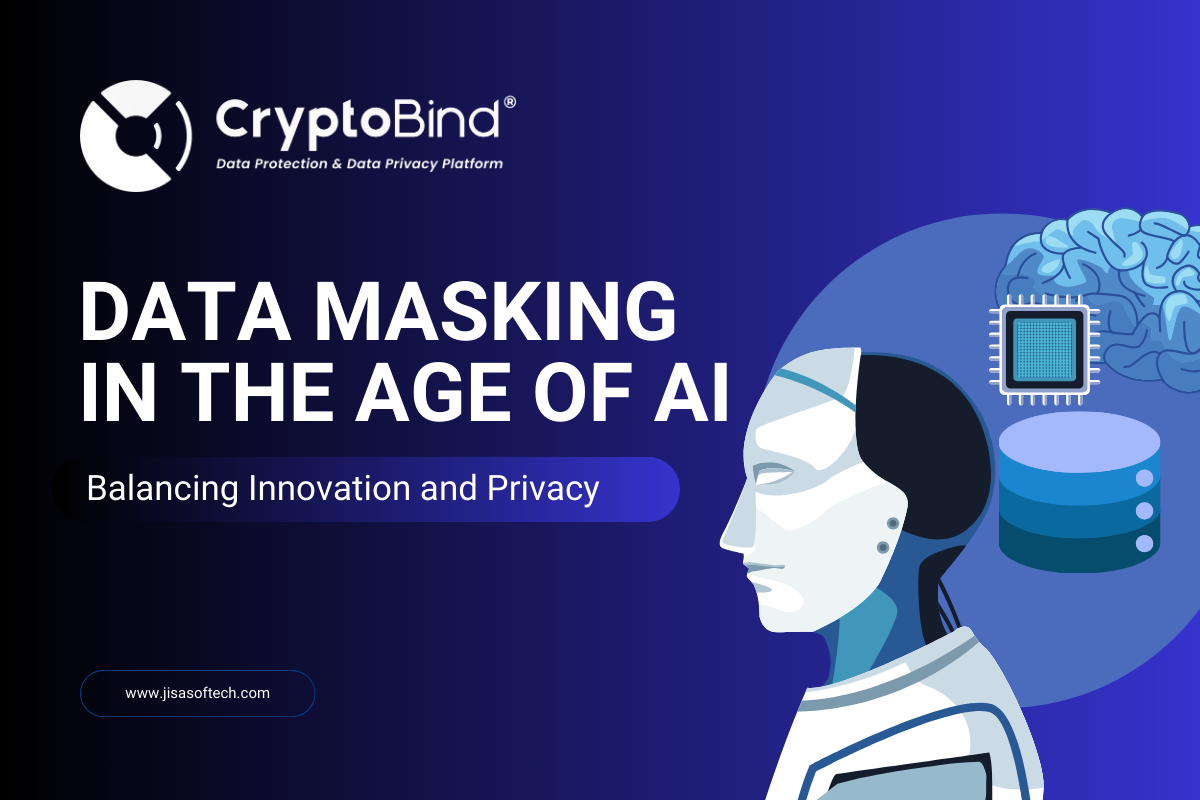Data masking involves substituting sensitive data with fictitious yet realistic values. This anonymization maintains the integrity of the original dataset while rendering it useless to unauthorized users. Depending on the data’s location and use, different masking methods can be applied to ensure privacy while enabling analysis.
This article explores how data masking addresses the growing challenges of data privacy in the AI landscape—and why it’s essential for secure, ethical data use.
Key Data Privacy Challenges in the AI Era
1. Data Volume
AI depends on massive datasets to improve predictions and performance. However, handling large volumes of sensitive information—like Personally Identifiable Information (PII) or Protected Health Information (PHI)—raises significant privacy and security challenges.
2. Analysis and Profiling
AI can generate highly detailed profiles of individuals, enabling personalization but also increasing the risk of misuse. In industries like healthcare, finance, and marketing, unchecked profiling can lead to discriminatory outcomes and breaches of trust.
3. Re-identification Risks
Even anonymized datasets are vulnerable to re-identification when cross-referenced with other data sources. This risk calls for advanced data masking techniques that go beyond basic anonymization.
In a world increasingly powered by AI, privacy protection is not a luxury—it’s a necessity. As data volumes grow and threats evolve, organizations must adopt proactive measures to secure sensitive information.
CryptoBind SecureMask provides a comprehensive data masking solution that enables innovation while ensuring privacy and regulatory compliance. Whether you're training AI models or sharing data with partners, SecureMask allows you to maintain trust, minimize risk, and comply with global data laws.
To Know More Visit @ https://www.jisasoftech.com/data-masking-in-the-age-of-ai-balancing-innovation-and-privacy/


